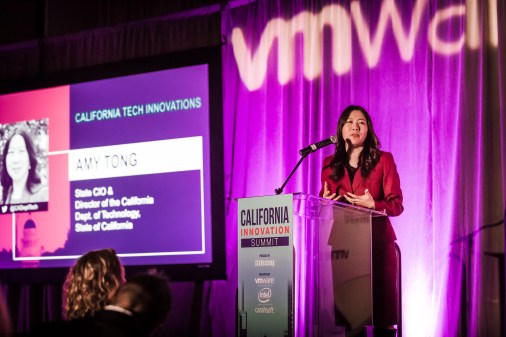Advocacy groups urge Newsom to sign California’s AI bill

A coalition of advocacy groups, including the Center for Digital Democracy, the Center for AI and Digital Policy and Tech Oversight California, sent a letter to Gov. Gavin Newsom on Wednesday urging him to sign SB 53, a proposed state law aimed at creating transparency and safety rules for some of the largest AI model developers.
The groups argued that regulators failed to act when social media emerged nearly two decades ago and that artificial intelligence demands such guardrails now.
Gov. Newsom has until Oct. 12 to sign or veto SB 53. California has a pocket signature rule that would allow the legislation to become law if the governor fails to act.
“Fifteen years ago, our policymakers failed to see what was coming and act to protect the public,” the letter reads. “California’s SB 53 offers a chance to put in place basic transparency measures to ensure we aren’t caught off guard by AI in the same way we were by social media.”
The coalition advocates for a “trust but verify” strategy in which major AI developers would publish safety plans, report serious incidents to state authorities and protect whistleblowers from retaliation. The proposed legislation is based on the California Report on Frontier AI Policy, published in June, which calls for greater transparency into how AI firms test models, handle risks and respond when things go wrong.
The letter warns that without such transparency, California, home to 32 of the top 50 AI companies, could again be caught off guard by widespread harms, particularly to youth, and emphasizes that the bill limits its requirements to only the most powerful AI companies.
“Many large internet technology companies are already integrating their most advanced AI systems directly into their existing services, That means that the many millions of young people on these platforms have direct exposure to the most advanced AI systems in the world,” the letter reads. “That makes it even more critical to ensure these systems are safe for the public.”






